Case studies
Old Swan, Liverpool: Resident-led Enquiry on Air Pollution
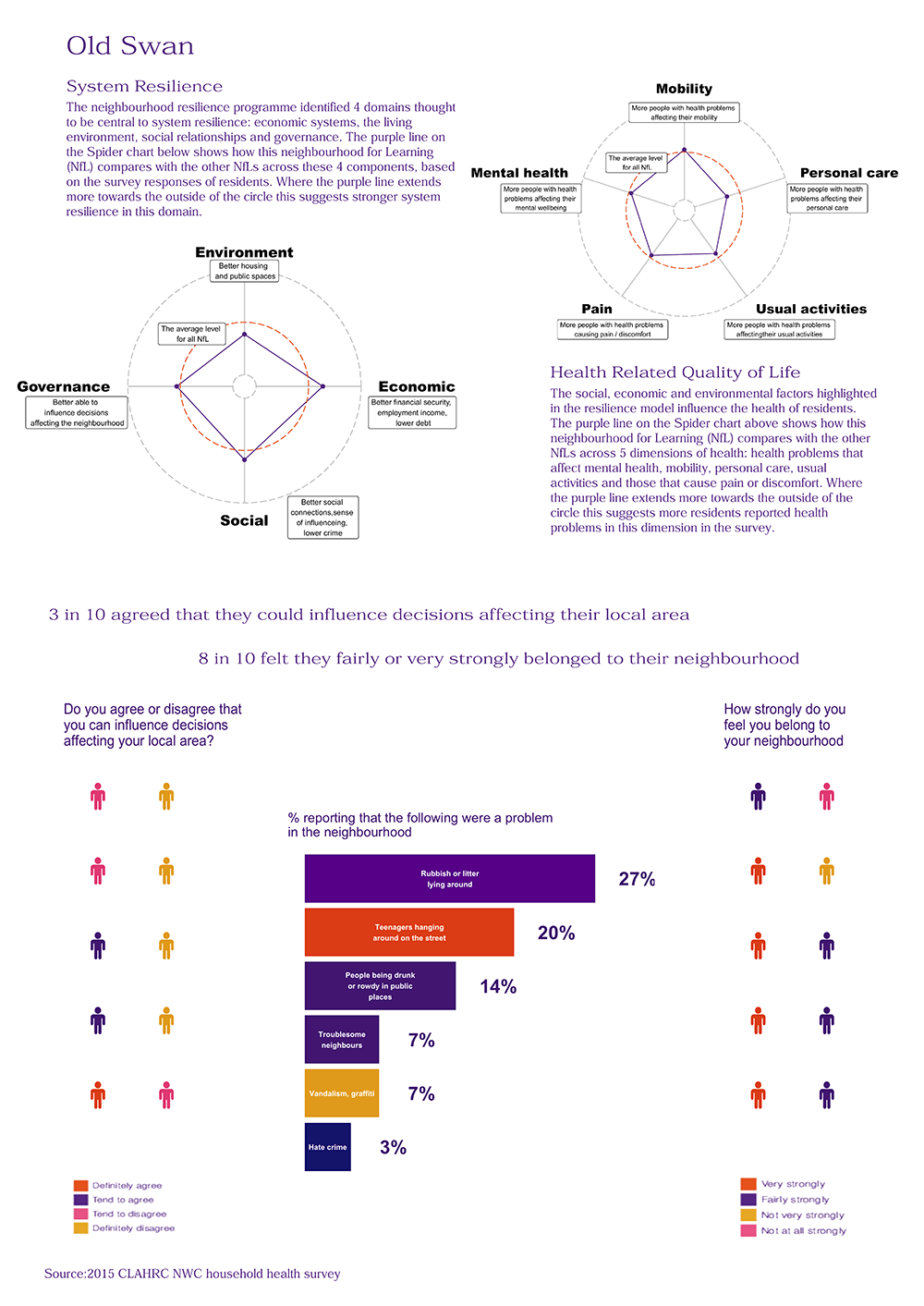
Background to the resident-led enquiry
Partnership with Liverpool City Council’s Departments of Public Health and Environment
Engagement with local stakeholders had highlighted the issue of air pollution in the neighbourhood as a key concern. The Local Oversight Group, calling themselves ‘Better Old Swan – BOS’ developed a partnership with Liverpool City Council’s Departments of Public Health and Environment. The City Council committed to: support residents taking part in the NRP to monitor local air pollution levels; facilitate discussions with transport providers to reduce air pollution; and, explore future potential work at reducing air pollution, in partnership with BOS. The Council teams were interested in involving BOS in their projects. One of these projects was about developing an awareness-raising programme with schools as they intended to start enforcing anti-idling legislation near schools in the early summer.
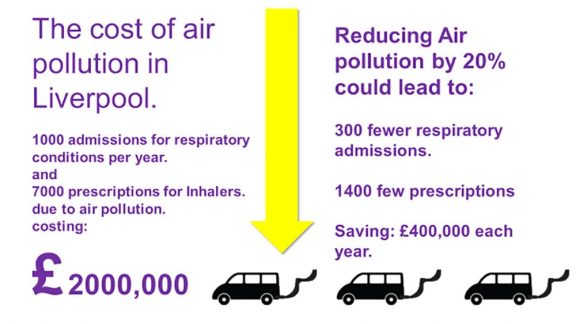
INVOLVEMENT IN THE LIVERPOOL COMBINED REGION AIR QUALITY STUDY
Links with Public Health Specialists opened the doors for BOS to be part of the Steering Group of the Liverpool Combined Region Air Quality Study (LCRAGS). The LCRAQS welcomed the possibility of involving an organized community group.
The Liverpool City Region Combined Authority had recently commissioned a preliminary study, lasting between November 2017 and March 2018, to identify areas across the region where air quality had breached or was close to breaching legal limits, and to propose possible interventions to improve air quality. Representatives from BOS contributed to workshops looking at possible interventions.
Following conversations with members of the Air Quality Study Steering Group (AQSSG), Old Swan was identified as one of the wards to be allocated electric vehicle (EV) charging points. BOS conducted a quick survey to examine people’s perceptions of health risks associated with air pollution in Old Swan; residents’ views on EV charging points; and where residents would like to see the EV charging points installed and why.
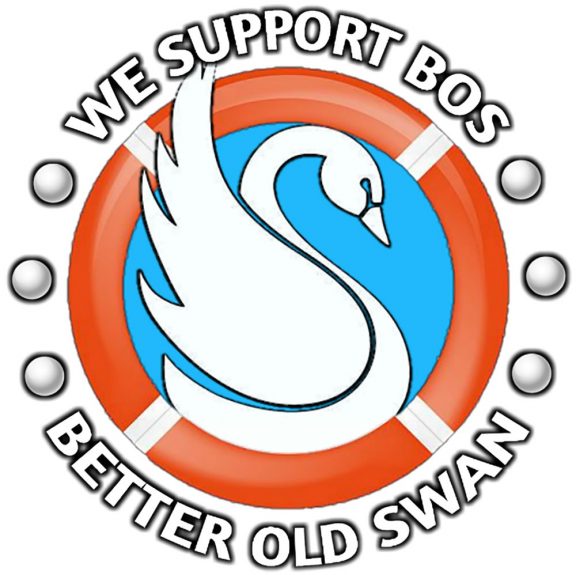
REVIEWING EVIDENCE AND CONDUCTING DATA ANALYSES
The wider CLAHRC NWC team produced a rapid review of the evidence on local initiatives to combat air pollution for BOS, titled ‘Local action to improve neighbourhood air quality’. The purpose of conducting rapid reviews was to acknowledge the importance of finding evidence on promising practice from a wide range of sources, and to inform the next steps for action. BOS participated in an analysis of local air pollution data and health service utilisation data (including emergency admissions, A&E attendance and medicine prescribing) which demonstrated cost savings of reducing air pollution to the local NHS.
Communicating with the wider community
An open meeting with residents was organised in the local community centre. The NfL team presented the links between health and air pollution as evidenced in the literature, its own findings about the links between local pollution and local health statistics, and an overview of existing local initiatives aimed at tackling this issue as identified by the NfL team. Concerns about children’s health came out strongly and residents requested whether a local enquiry could be developed to find out local levels of air pollution along children’s school routes.
Partnership with the British Lung Foundation
BOS linked with the British Lung Foundation (BLF) to develop actions to improve the local environment involving local schools. The BLF held a reception at the Houses of Parliament on Wednesday 24th October 2018 as part of the BLF Clean Air campaign. One Resident Adviser and his family secured funding from the BLF to attend the reception along with 70 MPs and members of the Clean Air Parents Networks in Westminster. The group asked their MPs to support funding for the ‘Clean Air for Children Programme’ to ensure that schools can clean up the air their pupils were breathing. This event was captured by the local magazine ‘Old Swan Alive’ (please see page 9 here: https://issuu.com/oldswanalive/docs/osa_-_4_winter_2018-19).
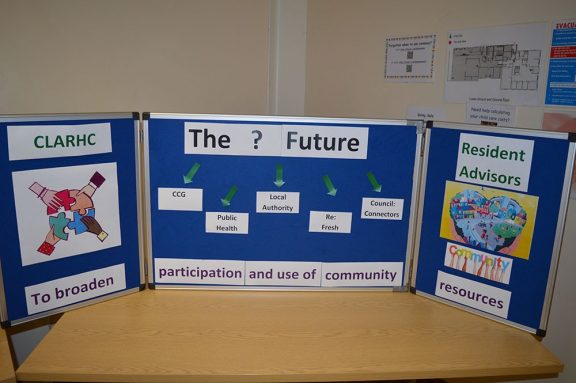
The participatory enquiry
BOS established a partnership with the British Lung Foundation, the Environment Centre of Lancaster University, and the Environmental Unit and the Public Health team of Liverpool City Council to carry out a participatory, resident-led enquiry on air pollution that involved local schools using a ‘citizen science’ model.
The enquiry investigated local sources and levels of air pollution. The experiential knowledge and insights of local residents, businesses and schools helped decide the locations for measuring air quality. Measurements took place in February 2019 across three locations in the Old Swan area: (i) a junior school, (ii) an infants’ school, and (iii) Derbyshire House. Air quality, indoors and outdoors, was recorded using the NAQTS V2000 which measured ultrafine particles. Resident Advisers contributed in a variety of ways including liaising with the schools, undertaking a vehicle count in the locations, guarding equipment, analysing data and contributing to the final report.
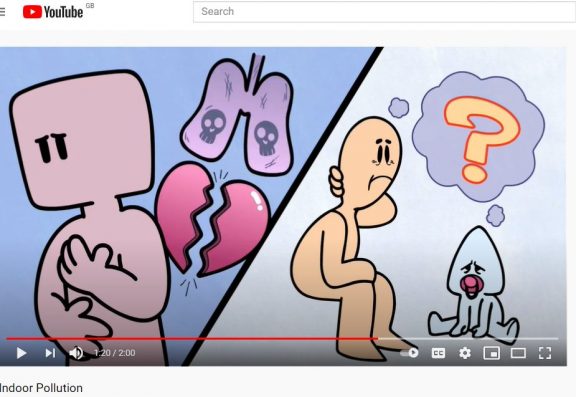
Participatory enquiry continued
The NfL team co-produced a short animation to showcase the findings from the citizens science air pollution project. Resident Advisers were involved in co-producing the script for the animation, recorded the voice over, and offered feedback to the creative agency creating the animation as it was being developed.
In the NRP, resident-led enquiries were used as a resource to publicise the NRP, engage with local residents, nurture awareness of issues linked to collecting and appraising evidence, develop critical public health literacy and particularly awareness of the social determinants of health and their impact, stimulate collective capacities in imagining what change at a local level might look like and how it might be achieved, and informing action for change.
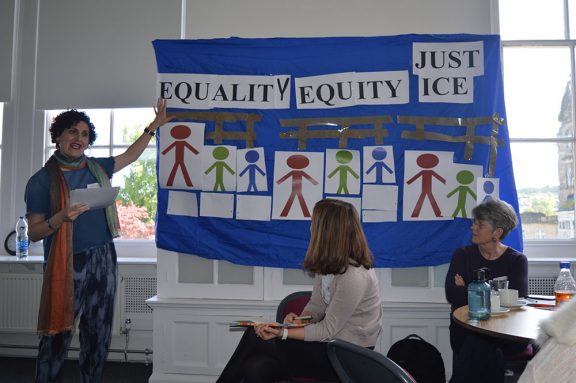
Dissemination and impact
Influencing the governance of environmental matters
Participating in the Combined Authority Air Quality Study meant that the local community’s voice was represented into advisory bodies influencing the Mayor’s Air Pollution Task Force.
Environment Learning Exchange Event ‘Greaner, Cleaner Environments’ on 20 March 2019 at the Avenham Park Pavillion, Preston
The work of three NsfL (Old Swan, Liverpool; Mill Hill and Wensley Fold, Blackburn; and, St. George’s, Preston) focusing on the environment (pollution, littering and alley improvements respectively), was presented at this event attended by over 50 people. Attendees included residents and representatives from a wide range of statutory and third sector organisations including local authorities, housing associations, third sector organisations and a water authority.
The aim of the event was to share experiences of using systems-based approaches to environmental issues. Presentations were delivered by representatives from the three NsfL, Hubbub, and Angus Clean Environments. Using scenarios, attendees explored systems-based approaches during small group work. The event was also an opportunity to share our top tips to enable systems resilience approaches, developed from the insight NfL teams gained in implementing the Neighbourhood Resilience Programme. Feedback from attendees was very positive, suggesting they had left with new contacts, ideas that they could put into practice and a clear understanding of the systems resilience approach.
Co-produced conference abstract
An abstract was co-produced by BOS and the Academic Lead for the conference titled ‘Health: The Design, Planning and Politics of How and Where We Live’ organised by the World Health Organisation and the Department of Architecture, UWE Bristol, with AMPS, and held in Bristol on 25-26th January 2018.
Influencing new academic knowledge production
A PhD student specialising in indoor pollution, who collaborated with BOS, changed the focus of his PhD to consider the following questions: (i) Does citizen generated data create alternative ways of understanding environmental problems? (ii) Making the invisible visible - how do community activists mobilise around invisible, unregulated pollutants? (iii) Epistemic justice – Do the community members feel like they can influence change? Does the system amplify or mute activists’ voices?
Participating in national campaigns
BOS participated in Clean Air Day 2019, a prominent UK campaign focussing on air pollution, and publicised its pledge to make Old Swan greener.
Related Content
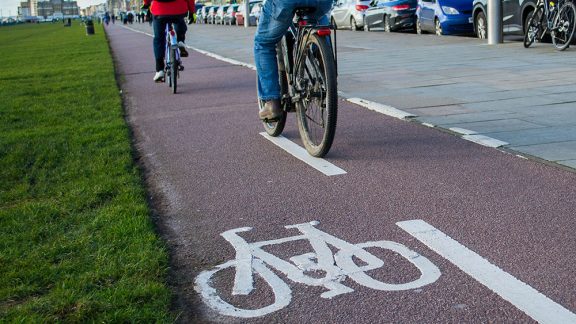
Related content
Lorem ipsum dolor sit amet, consectetur adipiscing elit. Nulla libero elit, viverra eget risus eu, posuere semper lorem. Lorem ipsum dolor sit amet, consectetur adipiscing elit. Nulla libero elit, viverra eget.
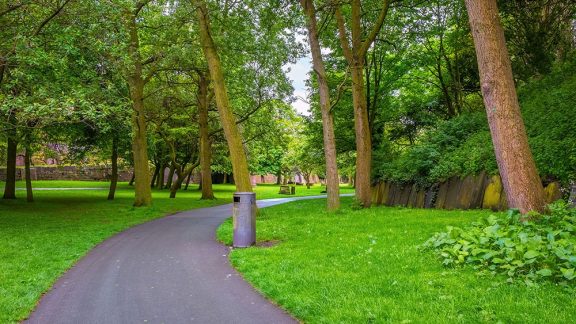
Related content
Lorem ipsum dolor sit amet, consectetur adipiscing elit. Nulla libero elit, viverra eget risus eu, posuere semper lorem. Lorem ipsum dolor sit amet, consectetur adipiscing elit. Nulla libero elit, viverra eget.
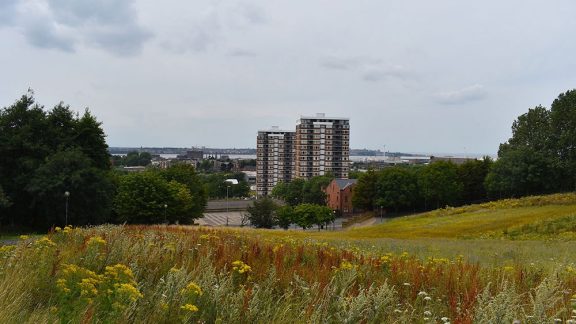
Related content
Lorem ipsum dolor sit amet, consectetur adipiscing elit. Nulla libero elit, viverra eget risus eu, posuere semper lorem. Lorem ipsum dolor sit amet, consectetur adipiscing elit. Nulla libero elit, viverra eget.